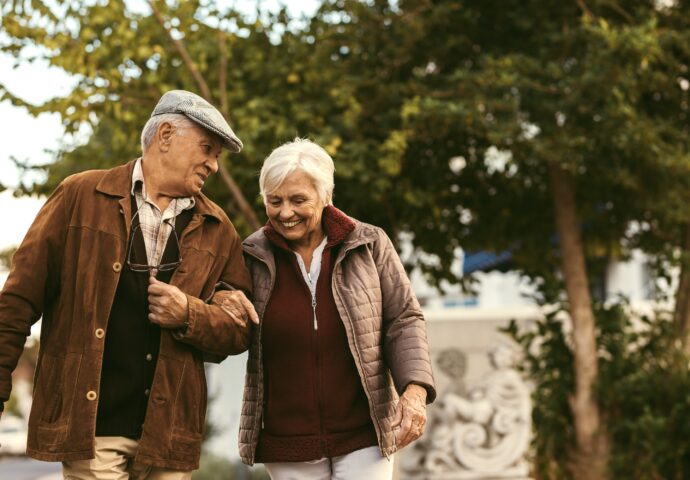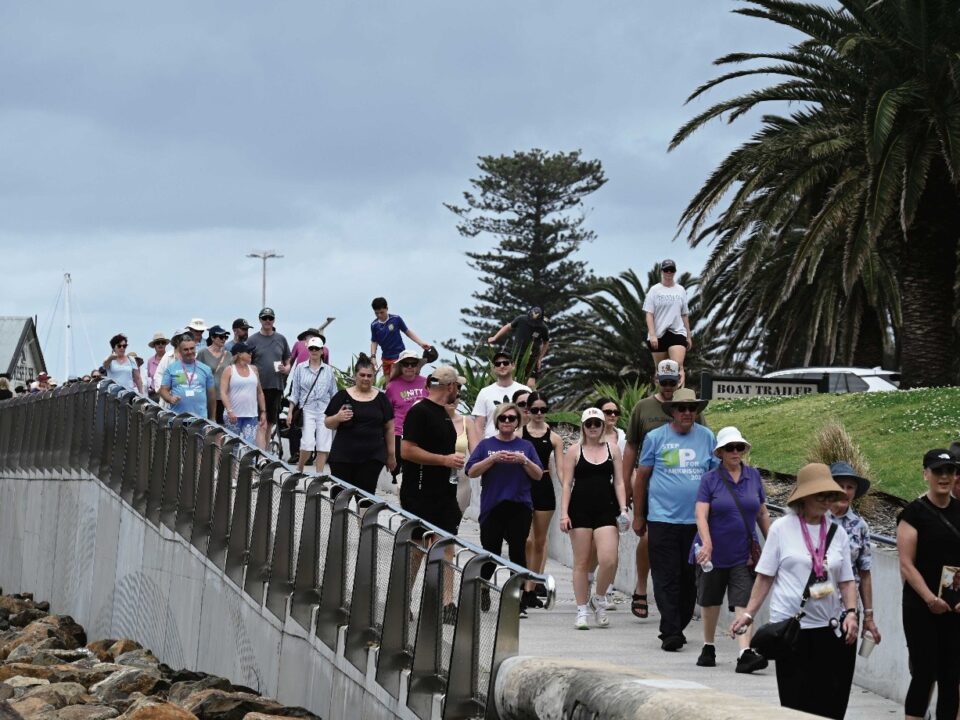Be Active to Beat the Winter Blues

Are Parkinson’s NSW and Parkinson’s Australia related?
29th July 2024
NeuRA Researchers have Work Recognised with New Grants
29th July 2024Be Active to Beat the Winter Blues

Be Active to Beat the Winter Blues
Winter is here but don’t let the cold stop you from being active – particularly if you exercise outside. Outdoor exercise in winter is excellent for both your physical health and mental wellbeing.
Even those of us who love keeping fit can shudder at the idea of leaving the warm indoors to head outside and exercise. However, understanding the benefits of exercising in winter may just be the motivation you need to get up and go exercise.
Research suggests exercising in the cold can helps our immune system to work harder, which may result in fewer coughs and colds. It also helps you exercise more efficiently and build endurance as your heart doesn’t have to work as hard in the colder temperatures.
Exercise is always beneficial for your mental health and research supports that exercise alleviates the symptoms of depression. An extra boost you can get from exercise outside is the intake and elevation of your Vitamin D levels which also have a positive impact on mental wellbeing.
A study found that two hours a week exercising in a natural outdoor setting increased good health and wellbeing. The benefits were consistent across all ages and included those with chronic health issues.
Interestingly, the exercise can be taken in short spurts across the week or a couple of longer outdoor workouts. Being outdoors and breathing fresh air, instead of recycled air, helps in oxygenating our blood and cells and nourishes our bodies.
There is no danger in exercising outside in Australia unless you live in the mountains or somewhere that has temperatures under 10°C or a high wind chill factor.
Dressing appropriately is always important when exercising, whether the temperature is cold or hot. In the cold weather wear layers, so you can remove them as your body warms up. Also, be aware that it will take longer for your body to warm up, and for your joints and muscles to feel less stiff.
Should you have any ongoing health conditions, particularly respiratory or heart-related conditions, talk to your doctor before embarking on any cold-weather exercise.
To help keep you motivated during winter, try changing the time of day you exercise. If the early morning is too daunting to face, move your exercise to around lunchtime or early afternoon which are the warmer parts of the day.
Also, it helps to keep in mind how you’re going to feel after your exercise. You’ll have a real sense of achievement and feel warmer as well as.
If getting out of bed in the cold is a problem, make sure your heating goes on early, before you need to be up. The warmth will make it easier to get out of bed for an early exercise session. Also, have your workout clothes nearby, so you don’t feel too cold when getting dressed.
The most important thing during winter is to break up your sitting time with movement and outdoor activity during the daytime for maximum health benefits. You know the extra benefits of exercising and have some tips of how best to motivate yourself in the cold, so get up, get out and get moving and enjoy the best time of year to exercise.
References:
https://www.hcf.com.au/health-agenda/body-mind/physical-health/exercise-winter
https://www.abc.net.au/news/2024-06-01/how-to-stay-motivated-to-exercise-in-winter/103771806



